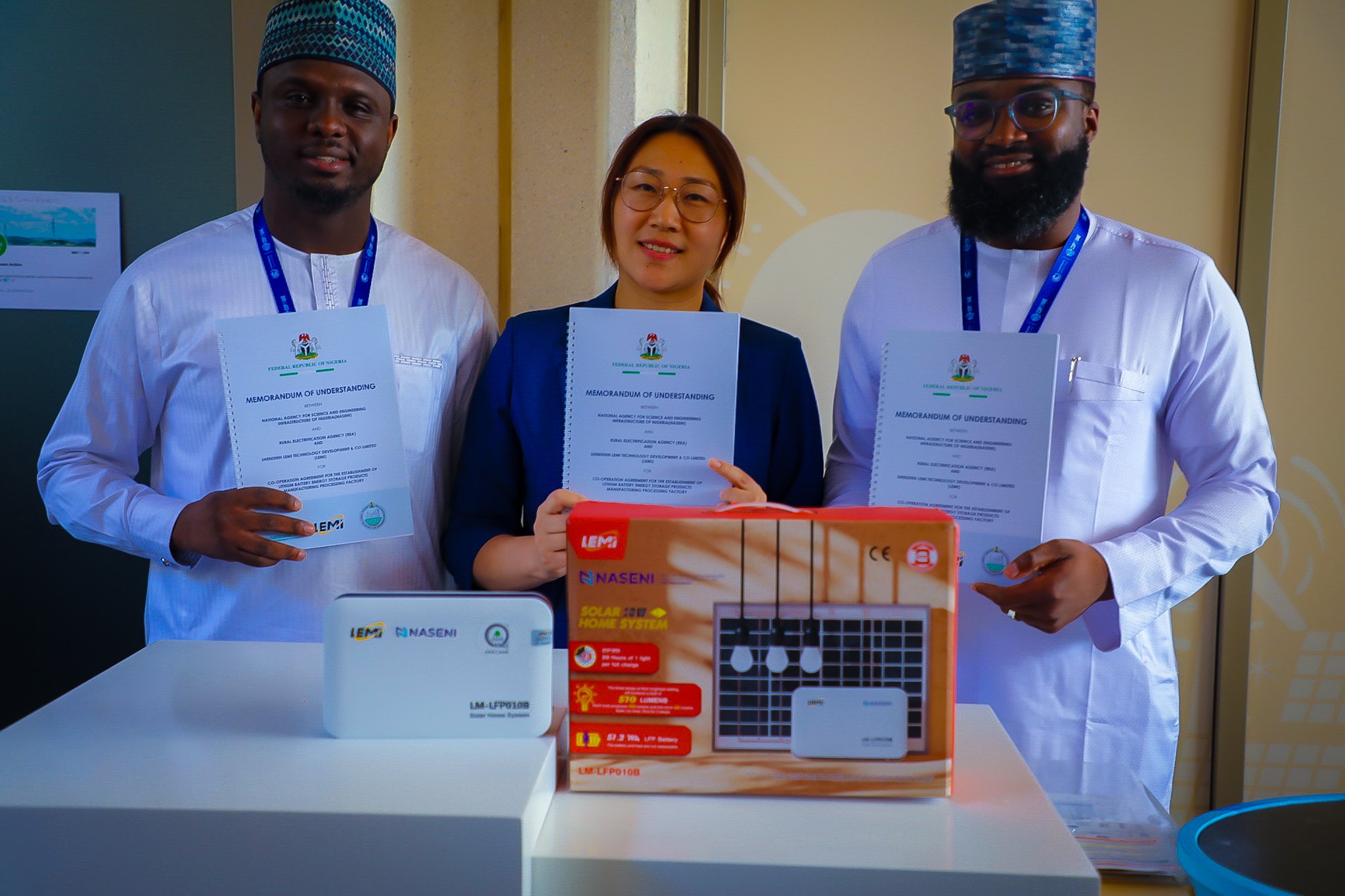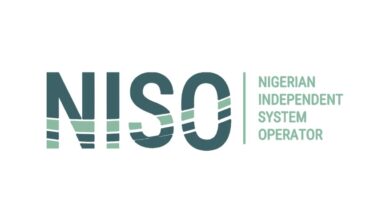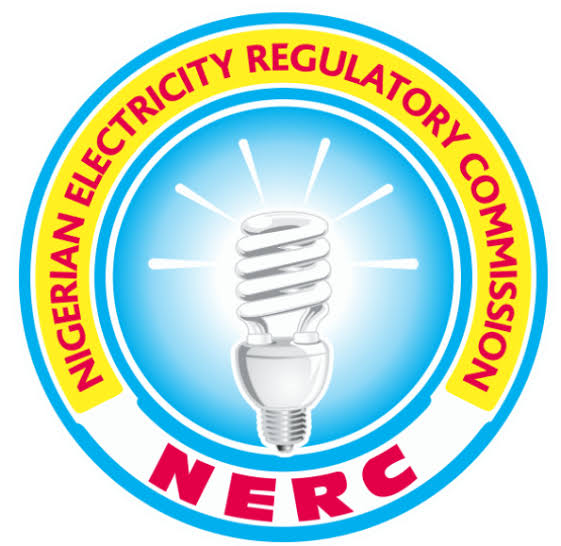REA, NASENI Seal $150m Deal To Setup Lithium-ion Battery Factory In Nigeria

Rural Electrification Agency (REA), and the National Agency for Science and Engineering Infrastructure (NASENI) have signed a US$150 million agreement with the Shenzen Lemi Technology Development Company of China to facilitate the establishment of a Lithium-ion Battery manufacturing, and processing factory in Nigeria.
The groundbreaking cooperation pact which was signed under the leadership of the Nigerian Federal Ministry of Power, and the China Ministry of Ecology and Environment on Friday, December 8, 2023, was part of the gains of COP28 in Dubai.
With the US$150 million investment from LEMI, the project is scheduled to commence in phases, starting from the 2nd quarter of 2024.
The Chinese Ministry of Ecology and Environment, in collaboration with the Federal Ministry of Power in Nigeria, expressed enthusiasm for being part of the transformative agreement.
The signing of the Cooperation Agreement is anticipated to serve as a pioneer initiative for the Light and Belt Initiative in Africa, aligning with global efforts to drive climate technology development and transfer.
The collaboration is also expected to strengthen NASENI’s mandate under the Agency’s new leadership to manage the research and development of capital goods, production and reverse engineering to enhance local mass production of standard parts, and services for the nation’s technological advancement with a special focus on the Nigerian Electricity Sector.
Furthermore, the collaboration underscores REA’s commitment to bridging the climate technology gap and combating the adverse effects of climate change. It also aligns with Nigeria’s ambitious goals of achieving universal electricity access by 2030 and net zero emissions by 2060.
The partnership aims to foster the development and transfer of climate technology, promote indigenous industrialization, facilitate commercialization, enhance public-private cooperation, and contribute to job creation, economic growth, and the extractive industry in Nigeria.
Recognizing the crucial role of energy storage in the transition to renewable energy sources, the investment in Lithium-Ion energy storage manufacturing signifies a significant step towards achieving a low-carbon economy.
Research indicates that Lithium-Ion energy storage has the potential to reduce CO2 emissions by more than 20 percent per kWh capacity compared to traditional lead-acid technology.
The REA and NASENI remain steadfast in their commitment to cultivating partnerships that accelerate clean, innovative, and sustainable energy interventions, contributing to the global pursuit of a greener and more sustainable future.






